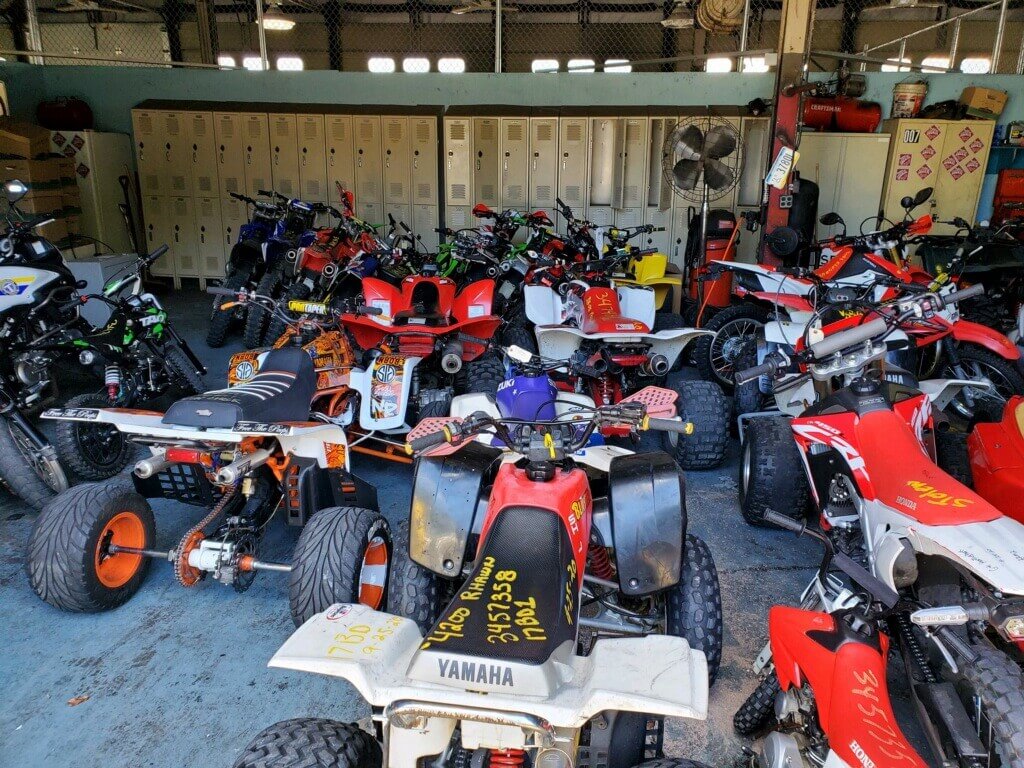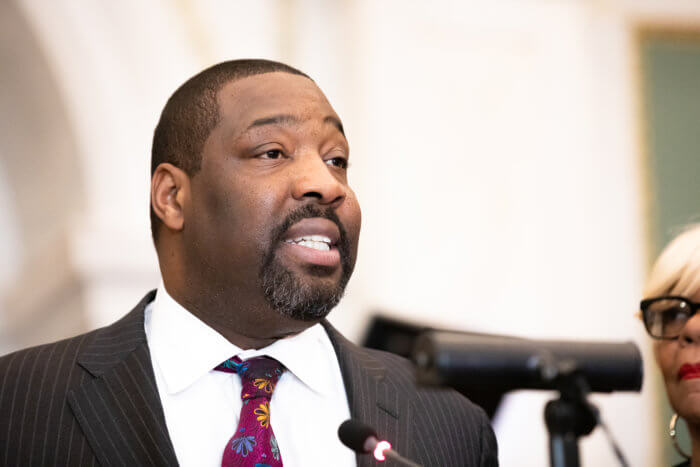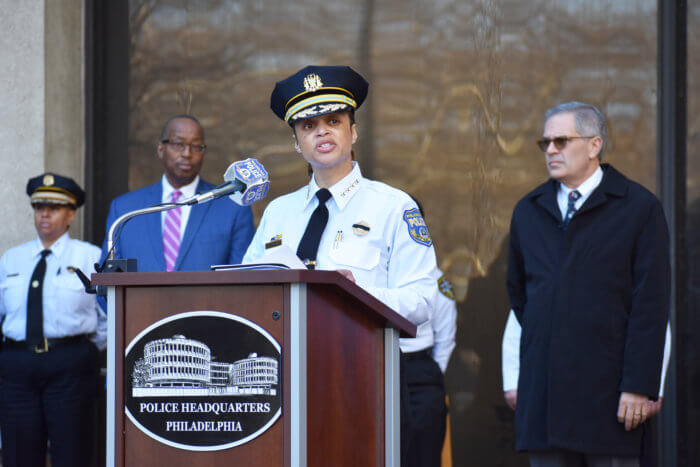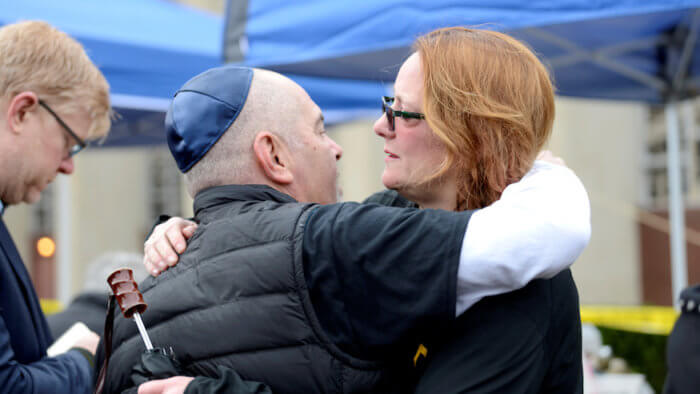An ATV and dirt bike park could be in Philadelphia’s future.
For years, the vehicles, which are illegal on city streets, have exasperated residents, who complain about reckless riders and noise.
Members of City Council, during a hearing Wednesday morning, expressed support for the idea of creating a safe and legal place for people to ride.
“It is a bike life culture that we have to deal with,” Councilwoman Katherine Gilmore Richardson said.
“Not only do we have to avoid as a city further criminalizing everything that young Black men do, I think we also have to make sure that we’re being equitable,” Councilwoman Jamie Gauthier said. “There’s already so few things that are available to them in this city.”
A big question is how the riders would get to the park. Presumably, they would illegally ride their dirt bikes and ATVs, said Parks and Recreation Commissioner Kathryn Ott Lovell.
Lovell, whose department was slashed by $13 million as part of pandemic-related budget cuts, said it would be “burdensome” for the city to build and maintain such a site. The vehicles already create hazardous conditions in some city parks, she added.
“I’m not sure that our resources should be allocated to the adults,” Lovell said. “I just believe that our resources need to be allocated to children first.”
Some council members noted that Parks and Recreation operates five public golf courses and supports other adult programming.
There was some interest in a public-private partnership, or an arrangement where the city leases parkland to a company to maintain the space.
“I believe there’s a private sector interest in doing it,” Councilman Curtis Jones Jr. said.
“I think we have to look outside the box,” Councilman Mark Squilla said. “I think there’s ways to do this.”
Earlier this year, the Philadelphia Police Department began deploying a dedicated detail in an attempt to confiscate ATVs and dirt bikes.
Since May, they have taken 263 off the streets; however, the program can’t be utilized on a daily basis and may not be able to continue indefinitely due to budget constraints, officials said.
Mayor Jim Kenney’s administration scrapped a planned $19 million increase to the police budget and shifted an extra $14 million away from the department by transferring programs to the Managing Director’s Office following large protests in response to the death of George Floyd.
“Resources and staff are stretched thin,” Deputy Police Commissioner Joel Dales said during the hearing.
He said the ATV and dirt bike unit ate up nearly $150,000 in overtime between May and October. Some of its efforts were put on hold over the summer, as manpower was directed to cover civil unrest, Dales added.
The department’s budget tops $700 million, and Jones requested that officials provide an accounting of where overtime money has been spent over the past four years.
Dales recommended that council expand a 2012 law that prohibits operating, parking, stopping, placing or maintaining an ATV in the city. It currently does not include dirt bikes or other illegal vehicles.
The ordinance gave officers the authority to impound ATVs on sight and issue a $2,000 fine to the vehicle’s owner. It also set up a hearing process that makes it difficult for riders to reclaim their ATVs.
For dirt bikes, officers can’t issue as expensive a ticket and have to follow more restrictive rules, Dales said. In addition, once it is impounded, owners can get their bike back by paying off their ticket and showing registration.
Dales said bikes have become a bigger problem than ATVs.
“The dirt bikes are everywhere,” he added.
The PPD has a policy that officers should not chase after dirt bike and ATV riders unless the operator is armed or is believed to have just committed a violent felony, Dales said.
Council members seemed to agree that enforcement alone is not enough to solve the problems involving illegal vehicles.
“None of this will happen until we kind of say, ‘We need to do something different than we have done,’” Jones said.































